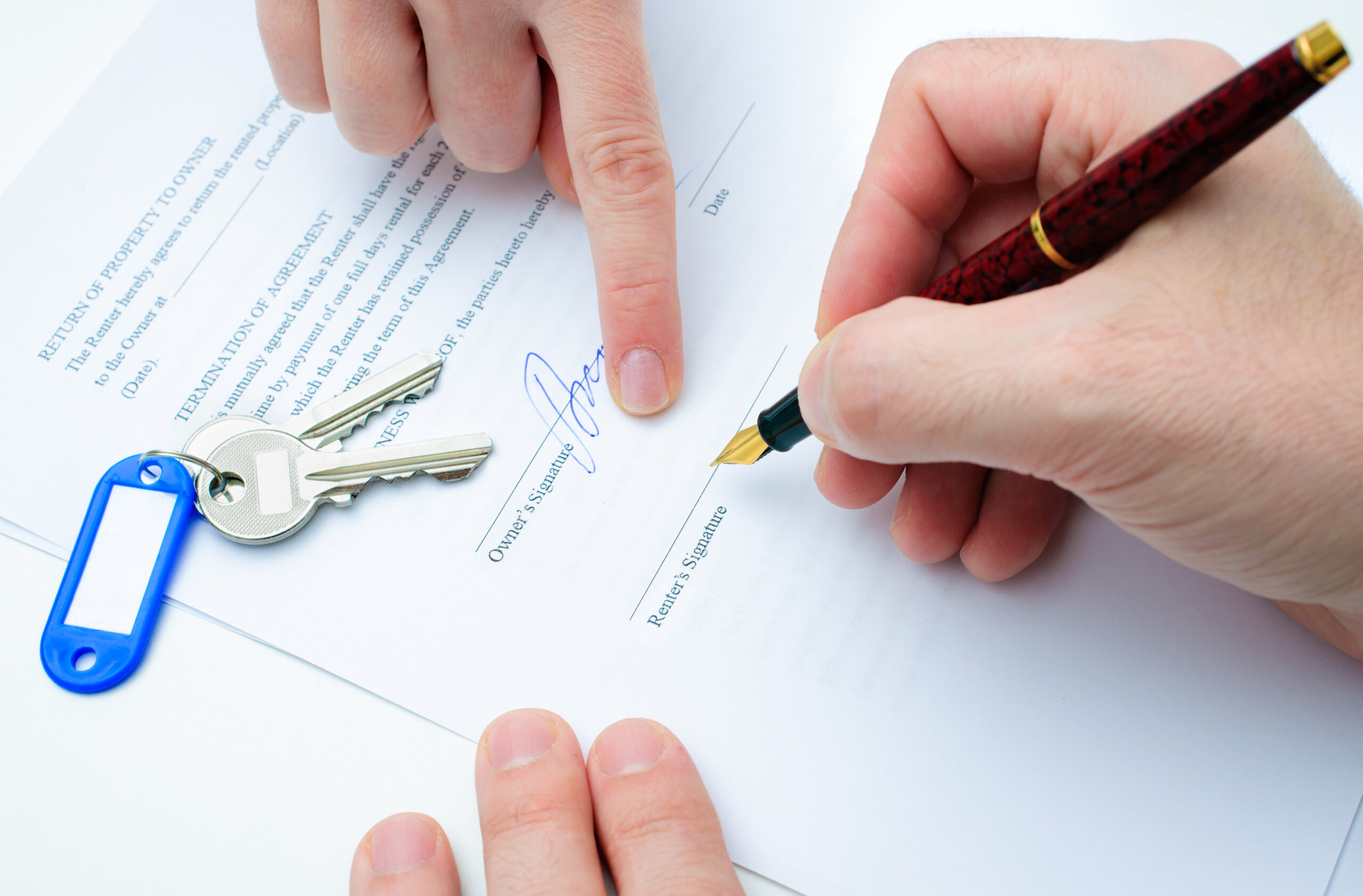Lawyer with 15 years of legal experience, specialization: family and civil law, inheritance, contract law, criminal cases, administrative cases, cases involving foreigners, migration law
A real estate lease is a complex transaction that requires compliance with various legal requirements to protect the interests of the parties. In this article, we will review the key legal requirements for real estate lease agreements and provide advice on how to ensure effective protection of the parties' interests.
First and foremost, a lease agreement should contain clear and unambiguous terms and conditions that define the rights and obligations of each party. This includes the description of the property, the lease term, the amount of rent, the terms of use of the property and other important aspects.
The lease agreement must comply with the requirements of the legislation governing lease relations. This applies to both the general rules of the civil code and special legislation relating to real estate leases.
The property owner should ensure that its rights are protected in the lease agreement. This may include establishing requirements for the preservation of the property, restrictions on making changes to the property, and other measures to ensure the safety of the property.
The lease agreement should clearly define the liability of each party for breach of the agreement. This will help to avoid misunderstandings and disputes in the future and ensure effective protection of the parties' interests.
Before entering into a lease agreement, it is recommended to conduct a legal analysis of the real estate transaction. This will help to identify potential risks and shortcomings of the transaction and take appropriate measures to eliminate them.
An additional important aspect of a real estate lease agreement is the negotiation of terms and conditions for the repair and maintenance of the premises. This includes determining who is responsible for carrying out repairs and paying for them. It is also important to agree on the terms and conditions for insuring the property against possible risks and damage.
Another aspect worth considering in a lease agreement is the possibility of termination. Regardless of the reasons for termination, the parties should clearly define the conditions under which this is possible, as well as the consequences of such a decision for both parties.
In addition, it is recommended to include in the agreement mechanisms for resolving disputes that may arise between the parties. This may include mediation, arbitration, or litigation. Pre-agreed conflict resolution procedures can significantly simplify and reduce the risk of disputes between the parties.
A real estate lease agreement is an important legal document that requires careful consideration and compliance with all legal requirements. The clarity of the terms of the agreement, compliance with the law and consideration of the interests of each party will help ensure the successful conclusion of the transaction and the protection of the parties' rights. It is important that the lease agreement is drawn up in writing and signed by both parties. This will provide documentary evidence of the terms of the agreement and protect the interests of both parties in the future. What is legal support for real estate transactions, agreement to support a real estate transaction, sample contract for support of a real estate transaction, the cost of legal support for real estate transactions, legal support of real estate transactions.
If you need additional advice on a real estate lease, please contact a qualified lawyer or attorney in this area. Don't take any risks, ensure that your interests are protected in advance. May the real estate lease transaction be successful and help you achieve your goals.
































